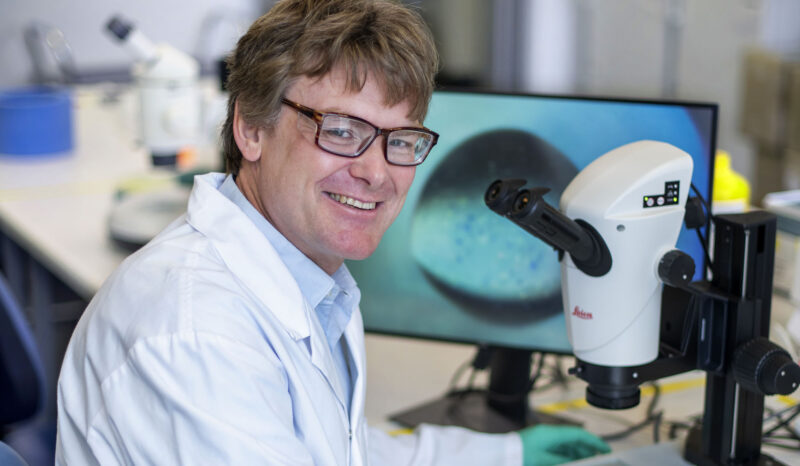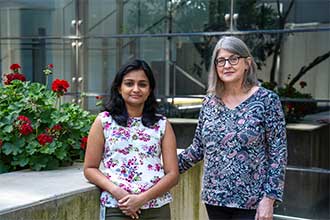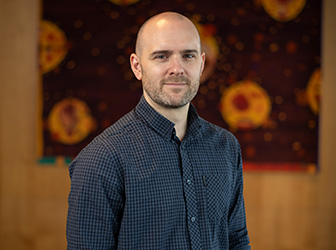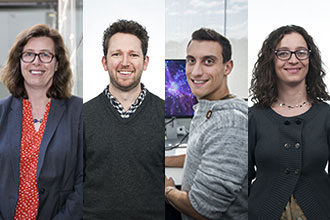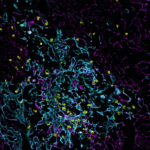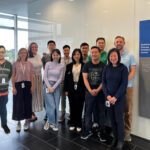We bring together advanced technology and multi-disciplinary laboratories to discover better ways to tackle diseases that impact older individuals.
Our goal is to unravel the complexities of conditions that affect our older population and prevent healthy ageing.
WEHI’s research in this area covers a wide spectrum – from understanding genes, cell biology, inflammation and immune responses, to developing new medicines.
We conduct experiments in various settings, including the field and hospitals, and use mathematics, statistics and computer science to gain insights into the world of biology.


